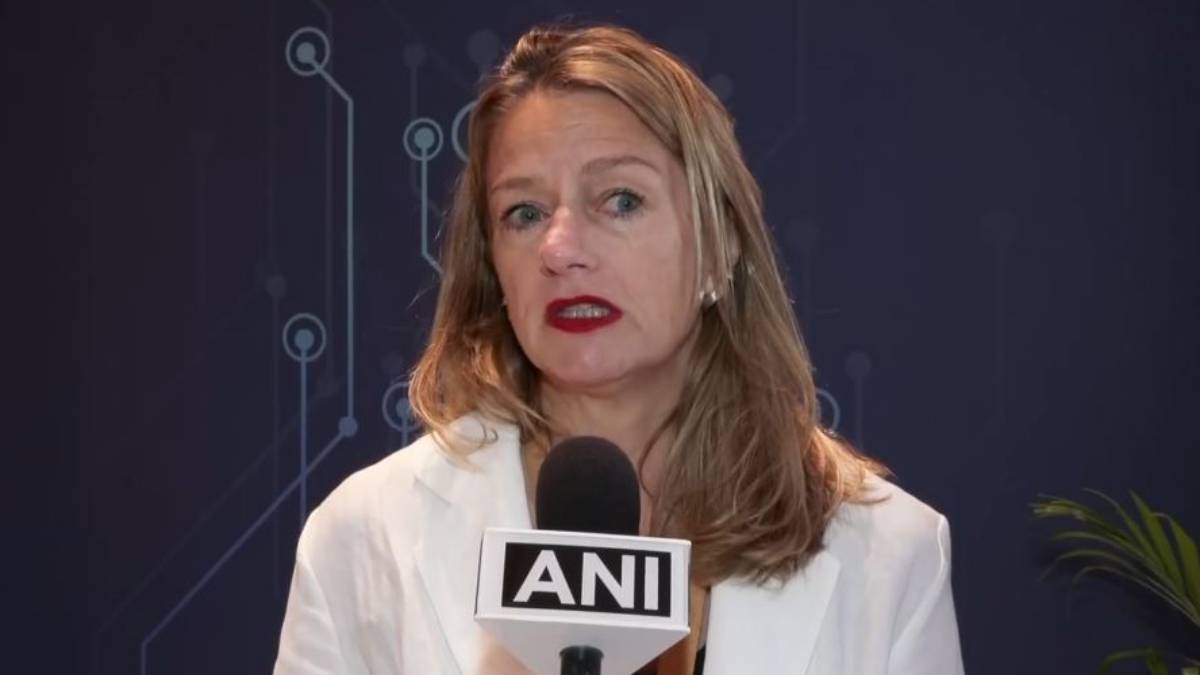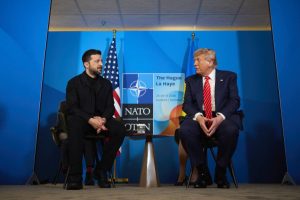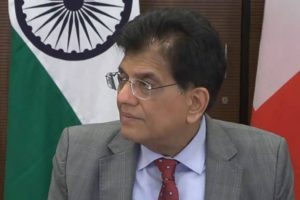In a strong endorsement of India-European Union (EU) relations, Carnegie Europe Director Rosa Balfour described the two as “like-minded partners” with growing convergence on global issues, particularly in the pursuit of a long-awaited Free Trade Agreement (FTA).
Speaking on the sidelines of the Carnegie Global Tech Summit, Balfour emphasized the increasing pace of discussions, noting that talks on the FTA have been ongoing for over two decades. “We are already seeing quite an extraordinary escalation because the EU and India have actually been talking about the Free Trade Agreement for over 20 years,” she told ANI.
Highlighting shared values, Balfour said, “The EU and India on many issues are quite like-minded—they believe in WTO rules and in working by those rules.” However, she acknowledged some areas of concern, such as the protection of agricultural products, that remain to be negotiated between both parties.
The political will behind the agreement is strong, with both Indian Prime Minister Narendra Modi and European Commission President Ursula von der Leyen pushing for the FTA’s completion by the end of the year. Balfour called this timeline “slightly optimistic” but noted that it places healthy pressure on negotiators.
She raised important questions about the depth of the final deal: “The question, therefore, will be how deep the FTA will be or how thin it will be? If there are political problems around certain sets of goods or issues like climate or deforestation, then maybe it will be an FTA that will exclude certain areas.”
Despite the complexities, Balfour expressed optimism about the future, saying the agreement could open up new avenues for cooperation. “There’s a lot of promise to increase the exchange of goods, the mobility of people, the exchange of capital, investments, and technological cooperation. It seems to present the seeds of an alternative strategy to a global trade war,” she added.
German Ambassador to India and Bhutan, Philipp Ackermann, echoed similar sentiments at the same summit, underlining the importance of collaboration between nations that support global and free trade. “This is the time where those who believe in global and free trade should join hands,” he remarked, reaffirming the commitment to finalize the FTA.
As negotiations continue, the India-EU partnership appears poised for a significant leap, underpinned by shared values, mutual interests, and a vision for a more integrated global trade landscape.





